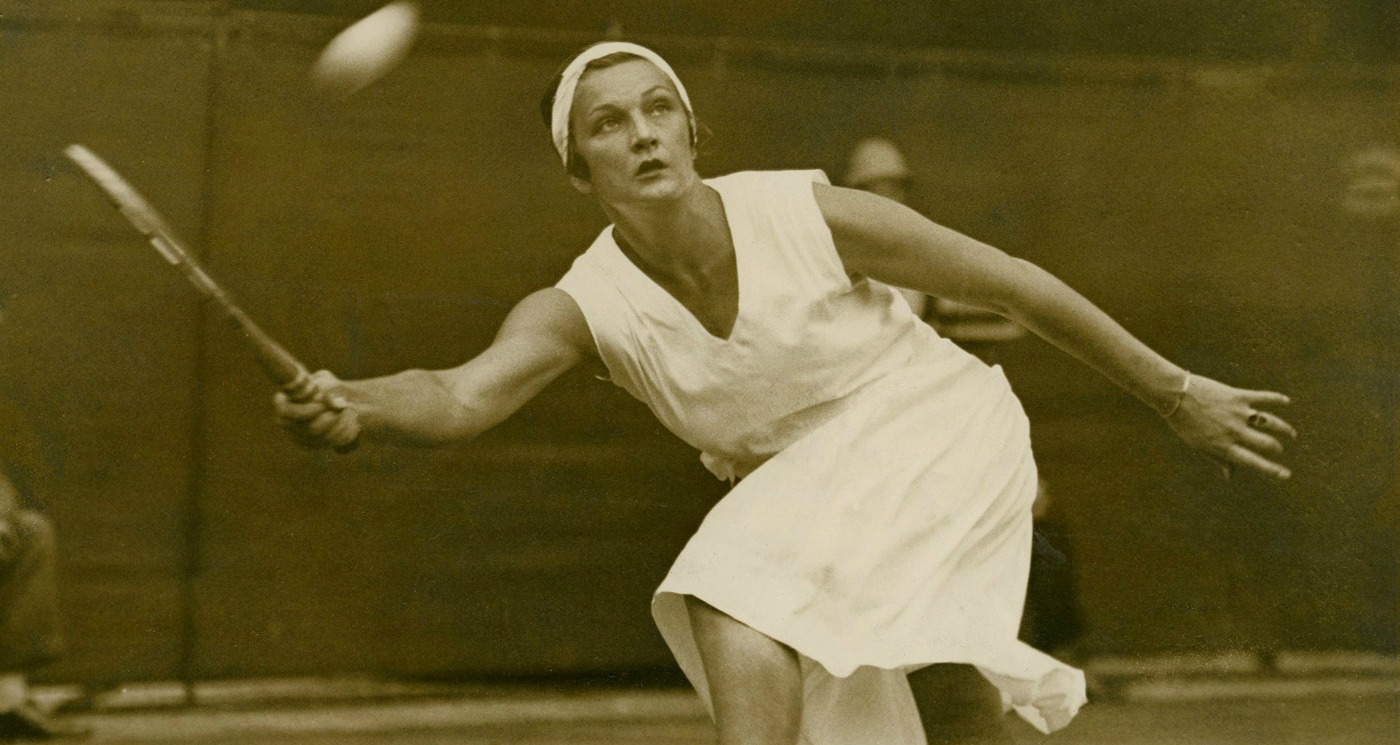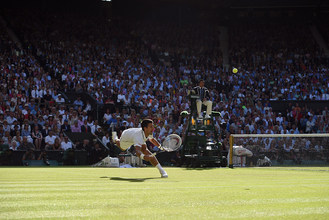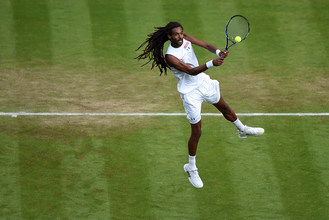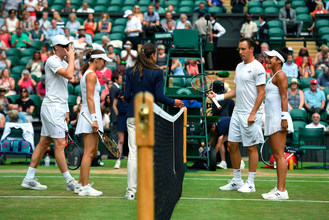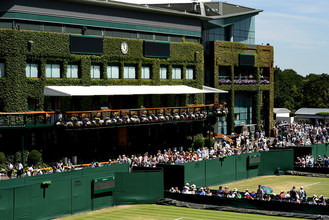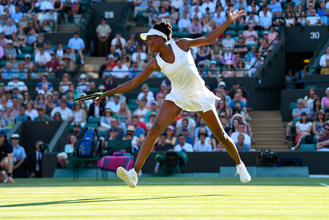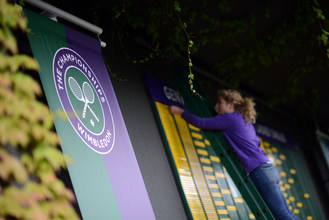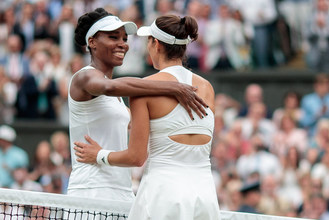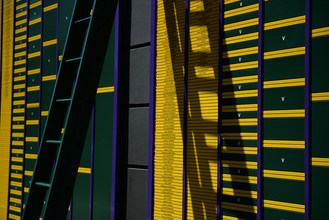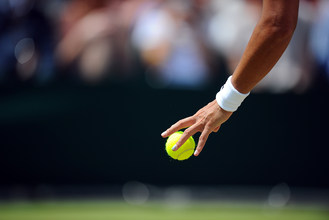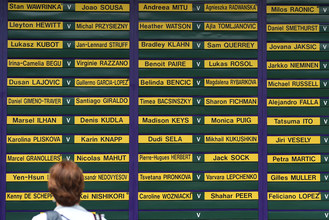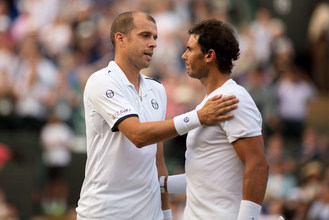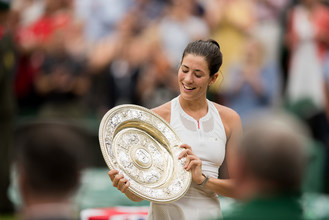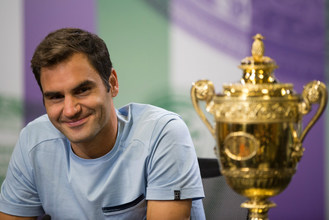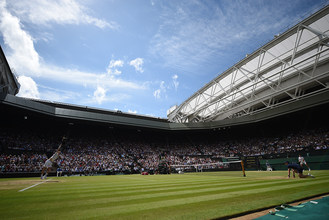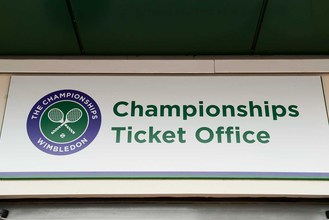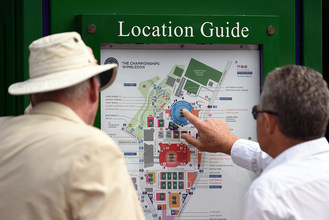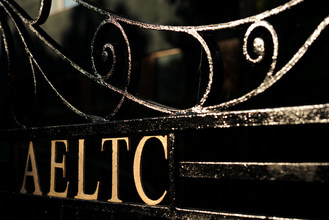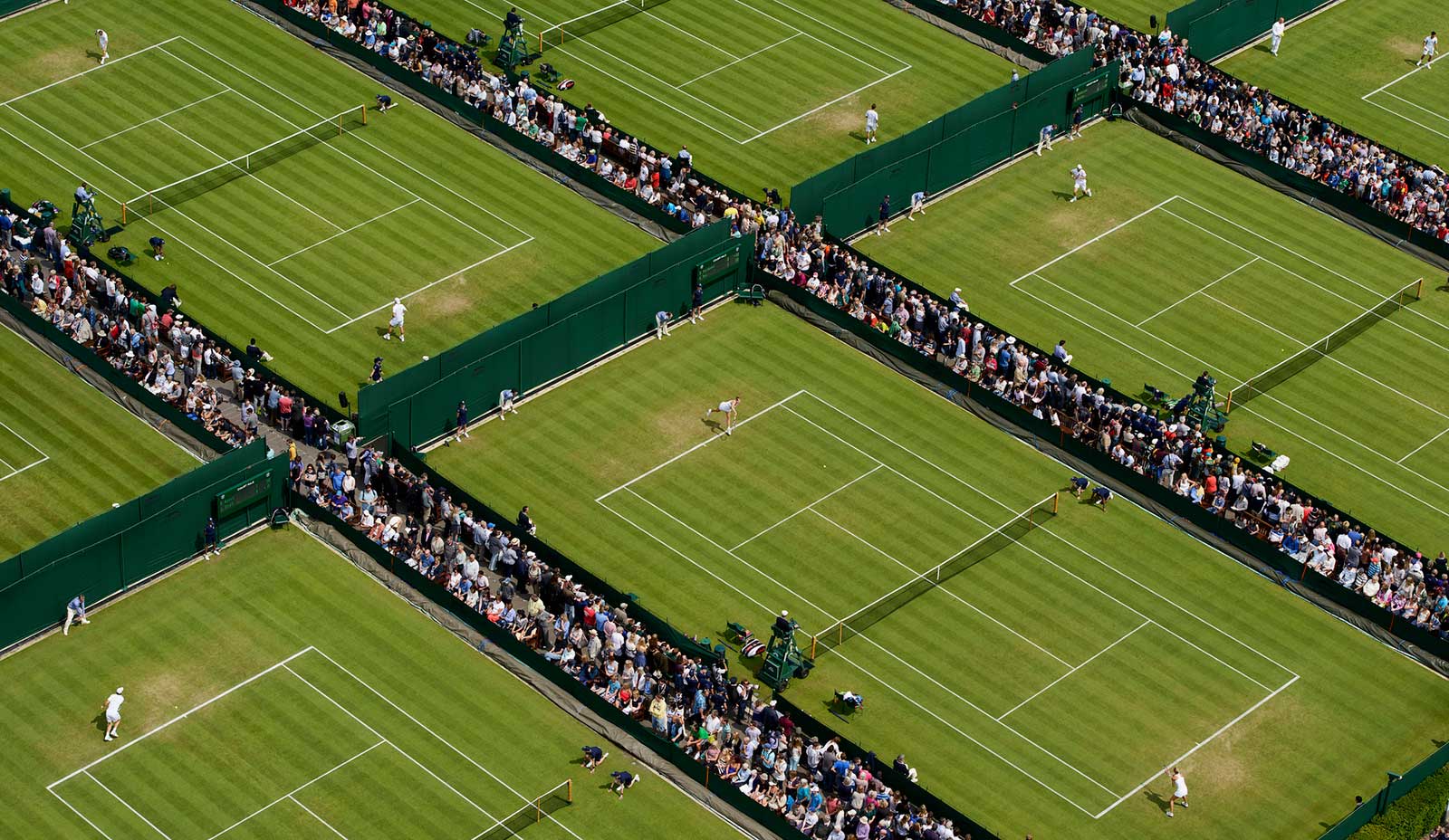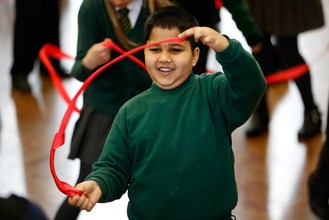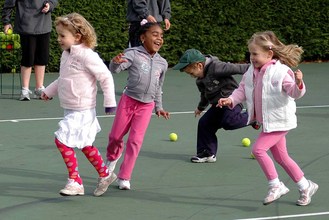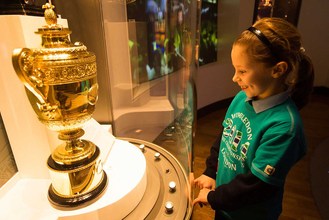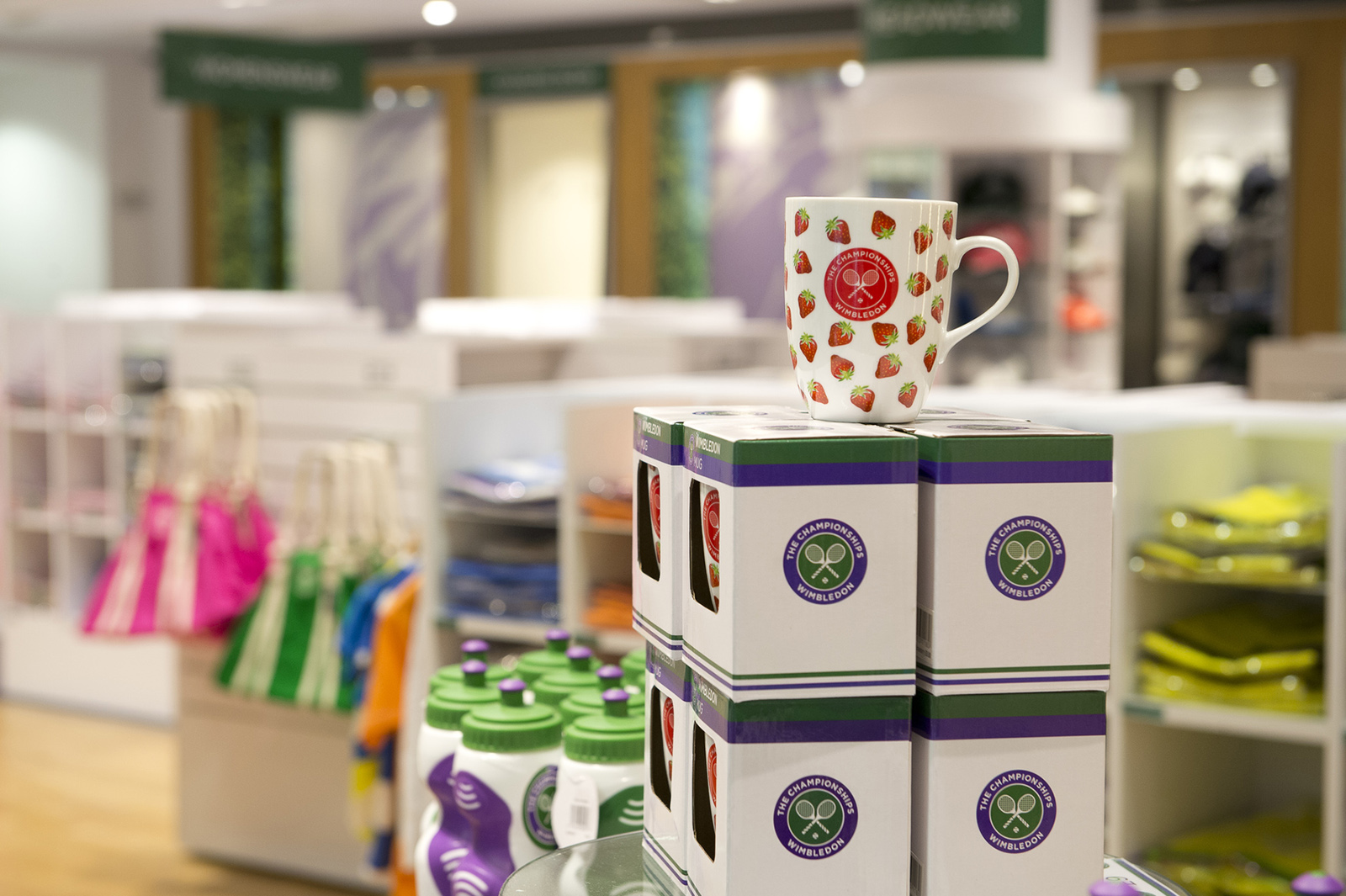Helen Jacobs won nine Grand Slam titles, including the 1936 Ladies’ Singles at The Championships, and played in 18 finals, but at the end of her career one question was inevitable. How much more success would she have enjoyed had she not been a contemporary of Helen Wills Moody?
Jacobs, who died 20 years ago next week, was born in August 1908, two years and 10 months after Wills, with whom she would enjoy a fierce (if one-sided) rivalry. Wills, who won the Wimbledon singles eight times and finished with a total of 31 Grand Slam titles, lost only one of the 11 major matches she played against Jacobs.
The lives of the two women ran on remarkably parallel lines. Wills was among a small group of talented juniors at Berkeley Tennis Club, near San Francisco, when the coach, William “Pop” Fuller, invited Jacobs to join them, despite her lack of experience.
Jacobs was unable to take up the offer at first because her family lived too far away, but Fuller asked her to play a one-off practice match against Wills, who had already been making her mark as a junior. They played one set, which Wills won 6-0 in just seven minutes.
Fuller, nevertheless, had seen enough to encourage the Jacobs family to relocate nearer to Berkeley Tennis Club, which they did. They even moved into a house which the Wills family were vacating.
Both girls attended Anna Head School, both went on to the University of California and both won the national junior championship two years in a row. For a while they even lived under the same roof as proteges of Hazel Wightman.
Bill Tilden, the greatest male player of the time, also took an interest in Jacobs’ career and helped her develop the sliced forehand which became one of her trademarks.
In truth, however, Jacobs had limited strokes, particularly in comparison to Wills, who had a superb all-round game, loved to attack and was a masterful tactician. Jacobs, in contrast, had a backhand that was no more than serviceable, an erratic forehand and limited volleys, though she defended stoutly.
What Jacobs did have, however, was great energy and fighting spirit. Alice Marble, the last Wimbledon champion before the war, said that Jacobs had “more will to win, more drive and guts than anyone else.”
Jacobs made her debut at The Championships in 1928, when she was beaten 8-6, 1-6, 6-8 by Daphne Akhurst in the third round. Twelve months later she won her first six matches in straight sets only to be crushed 1-6, 2-6 in the final as Wills won the title for the third year in a row.
In 1932 they met in the Wimbledon final for a second time, by which time Wills had become Helen Moody following her marriage three years earlier. Moody, who had also beaten Jacobs in the finals of the US Nationals in 1928 and the French championships in 1930, again dominated their Centre Court meeting, winning 6-3, 6-1.
Later that summer, nevertheless, Jacobs took advantage of Moody’s absence from the US Nationals at Forest Hills in New York to claim her first Grand Slam title.
In the final at the same venue 12 months later Jacobs recorded her only significant victory over Moody. Jacobs was leading 8-6, 3-6, 2-0 when the match ended in controversial circumstances as Moody retired, saying she had a leg problem. The incident did little for the popularity of Moody, who was often seen as cold and calculating.
Jacobs’ near misses at The Championships continued for three more years. In 1933 she lost 6-4, 4-6 2-6 in the semi-finals to Dorothy Round, who beat her 6-2, 5-7, 6-3 in the final a year later.
The two Helens met in the final on Centre Court for the third time in 1935 in a memorable contest. “From the point of view of excitement and tenseness that held 16,000 onlookers gripped in its spell, it was Wimbledon’s greatest contest,” the American sports writer Al Laney wrote.
At one set apiece Jacobs took control of the decider, going 5-2 up. At 5-3 and 40-30 she was at match point when she moved in to put away a smash, only to hit it into the net after being caught off balance as the ball was held up by a swirling wind. Jacobs did not win another game as Moody won 6-3, 3-6, 7-5 to claim her seventh Wimbledon title. “I have replayed that overhead a thousand times,” Jacobs said later.
The rivalry between the two women gripped the sporting public and an American promoter offered them huge contracts to play each other on a professional tour.
“I sat up all night before making up my mind,” Jacobs later wrote in The Fireside Book of Tennis. “I had never won Wimbledon, which was my biggest ambition, and I turned down the offer to make another try at the Wimbledon title the next year.”
It was a wise decision. In 1936, in the absence of Moody, Jacobs reached her fourth Wimbledon singles final in five years and beat Hilde Sperling 6-2, 4-6, 7-5 to record her greatest moment.
After losing to Round in the quarter-finals in 1937, Jacobs reached her fifth and last Wimbledon final in 1938, when she faced a familiar foe. However, at 4-4 in the first set Jacobs aggravated an Achilles injury and from that moment could barely run.
Many expected Jacobs to retire hurt, as Moody had in their final at Forest Hills five years earlier, but instead, perhaps making a point, she carried on, so as not to deny her opponent her moment of glory. Moody showed no mercy and won 6-4, 6-0.
The career-long rivalry between Moody and Jacobs was regularly described by journalists as a feud. There was clearly little warmth between the two women, but Jacobs, for public consumption at least, insisted that there was never animosity between them.
“Helen and I were rivals, certainly, but never enemies,” Jacobs later wrote in The Fireside Book of Tennis. “If I had ever saved all the newspaper clippings I could have filled a scrap-book with stories of the ‘feud’ between Helen Wills and myself.
“It was a wonderful story from the newspaper point of view but it could not have been farther from the truth. During all the years in which we both were playing, we never once exchanged an unpleasant word!”



